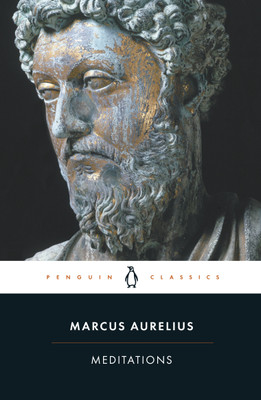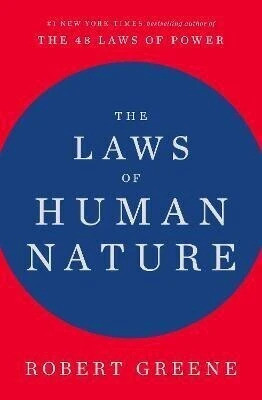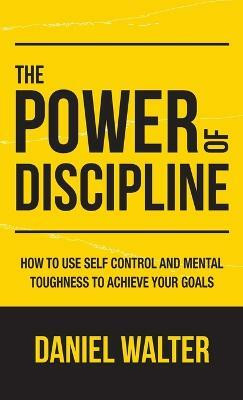
Some Dogmas of Religion (English, Paperback, John McTaggart Ellis McTaggart)
Price: Not Available
Currently Unavailable
Highlights
- Language: English
- Binding: Paperback
- Publisher: Cambridge Scholars Publishing
- ISBN: 9780217052467, 0217052460
- Edition: 2009
- Pages: 218
Description
Purchase of this book includes free trial access to www.million-books.com where you can read more than a million books for free. This is an OCR edition with typos. Excerpt from book: And then, if we could legitimately make such an inference, would the inference be that the universe as a whole is good ? Is that part of the universe which we know empirically, taken as a whole, good or bad ? It certainly contains a great deal that is good. It also contains a great deal that is bad. There is much virtue and happiness. There is much sin and misery. Which overbalances the other it would be impossible to assert with any approach to accuracy. The judgement of the wisest man would be unduly affected by his own disposition, his own good fortune, and the character of that small part of the world of which he had personal experience. And we find that the judgements of wise men on this question differ as widely as possible. Even if it were certain that the amount of good experienced by different people in the world empirically known to us was greater than the evil, would it follow that that world was to be considered as good on the whole, and to be approved rather than condemned ? I do not think it would necessarily follow. For good and evil are very unequally distributed, and, whatever the aggregate of each may be, it cannot be denied that there are some people whose lives are much more evil than good. Now it seems to me that we must recognize each individual as an end in himself, and as having claims to possess the goodâclaims which cannot altogether be cancelled by any amount of good possessed by other people. A universe in which three people out of every five were in heaven and two in every five in hell might have a greater amount of virtue and happiness in it than of sin and misery. But I do not think we should be prepared to accept it as a good universe on that account. If we take into account then, firstly, the greatamount of evil known to us, and, secondly, th...
Read More
Specifications
Book Details
| Publication Year |
|
Contributors
| Author |
|
Dimensions
| Width |
|
| Height |
|
| Weight |
|
Be the first to ask about this product
Safe and Secure Payments.Easy returns.100% Authentic products.
Back to top






